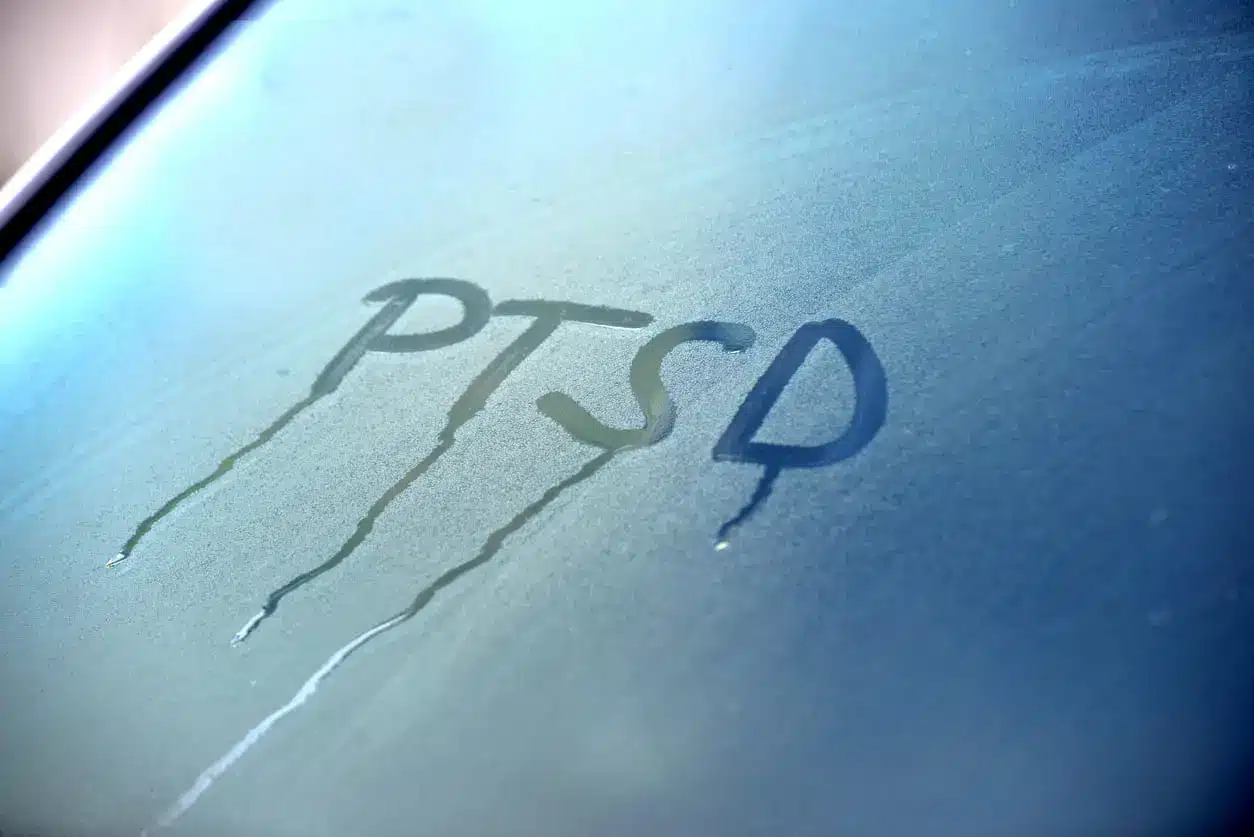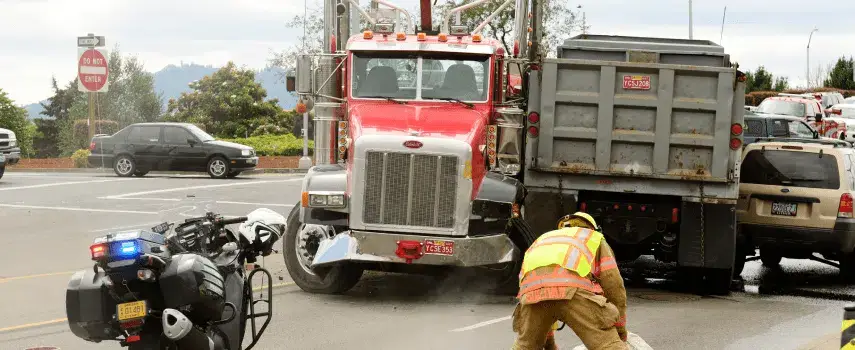Post-traumatic stress disorder (PTSD) is a severe mental health condition that can result from a traumatic event such as being involved in a truck accident. According to research, about seven or eight out of every 100 people will develop PTSD after experiencing a stressful event. For instance, a massive truck striking a passenger car is terrifying to occupants.
While physical injury after a truck accident occurs, mental stress is just as pervasive. In fact, when people are involved in a truck accident, there is a moment when they believe that the event is not survivable. This belief can lead to PTSD.
Symptoms of Post-Traumatic Stress Disorder
PTSD causes life-altering symptoms and behavioral issues that are often difficult to eliminate. A professional therapist’s assistance is frequently needed.
In general, PTSD symptoms fall into several categories:
- Reexperiencing the trauma
- Avoidance
- Negative or destructive thoughts
- Cognitive issues
Changes in Cognition After a Truck Accident
If you’ve been in a truck accident, you may notice differences in memory, decision-making processes, reasoning and the ability to think things through. All of these affect our cognitive behavior. Specific mental symptoms seen with PTSD are:
- Issues resolving problems
- Lack of concentration and attention
- Difficulty organizing and executing
- Memory disturbances
- Increased cognitive decline with age based on the severity of the traumatic incident (in addition to normal aging)
Repeating the Truck Accident Experience
The symptoms in this group are among the most problematic. When hearing a loud noise that mimics a gunshot or seeing an accident on the news, memories of a traumatic event can resurface. The repeated experience symptoms are:
- Reliving traumatic memories
- Dreams or flashbacks of a past event that are relived as if they happened now
- Behavioral changes in cognition
If the symptoms persist for more than 30 days, seeing a medical professional or psychotherapist is a good idea.
Avoidance Symptoms After a Truck Accident
A person with these symptoms tries to avoid repeating the trauma. For instance, the PTSD patient might avoid driving a motor vehicle or returning to the same area after a truck accident. Symptoms include:
- Avoiding thoughts, emotions and situations related to the trauma
- Relationships with family or friends are strained or distant
- Feeling numb on a psychological level
Avoidance can take on many facets and can interfere with accepting therapy.
Truck Accident Emotional Symptoms
Changes in one’s emotional behavior after developing PTSD usually occur within 30 days but might take longer. That is why it is better not to settle your case until all aspects of injury are apparent. Some symptoms that relate to one’s emotional balance are:
- Negative thoughts about oneself or the world are cognitive and mood symptoms
- Unrelenting hopelessness
- A failure to remember important details of the accident
- An inability to carry out everyday activities
- An overwhelming feeling of fear or panic occurs when the victim remembers the traumatic event
- It is common to feel jittery and have trouble sleeping due to arousal and reactivity
Obtaining Compensation for PTSD

A PTSD diagnosis can enable a person injured in a truck accident to obtain compensation for their injury. If negligent, both the trucker and the trucking company may be liable.
Even if the trucker was fully responsible, the trucking company might still be liable.
For the trucking company to be accountable, the trucker must be an employee and actively working when the truck accident happens.
Alternatively, the trucking company may be wholly responsible if they fail to maintain the truck or make needed repairs. In addition, the trucking company must be alert for defects, comply with inspections, hire qualified drivers and provide adequate training. Failure to do any of these can result in negligence.
Damages in Truck Accident PTSD
Because PTSD can cause many levels of disruption in a worker’s life, the injured party may be unable to work due to the injury and a costly treatment regimen. If negligence exists, the trucker and the trucking company may be responsible for treatment costs, missed wages and the pain and suffering inherent in this complex mental health condition.
Trucking Companies Carry Substantial Insurance Policies
Trucking companies must carry a minimum of $750,000 in liability insurance. The Federal Motor Carrier Safety Administration will not permit the truck to operate without it. The FMCSA and the Department of Transportation require that you have sufficient insurance due to the truck’s large size and potential for severe injuries in an accident.
Product Liability Lawsuits in a Truck Accident
Aside from negligence by the trucker and the trucking company, the vehicle or parts manufacturer can be responsible if defects are present. A defect can result from faulty manufacture, design or failure to warn. They include tire blowouts due to tread separation, faulty brakes and underride guards, among others.
How an Attorney Can Help After a Truck Accident

To reiterate, truck accidents and their liability can be complex. An attorney’s legal assistance is important to file a claim and obtain the compensation a victim deserves. Your attorney can investigate the accident, reconstruct the crash and get video footage from surveillance cameras and local businesses.
Give yourself time to heal from this traumatic event, and let a legal professional do the footwork. Remember, a truck accident lawyer offers a free case review, and they only get paid when you win your case.




